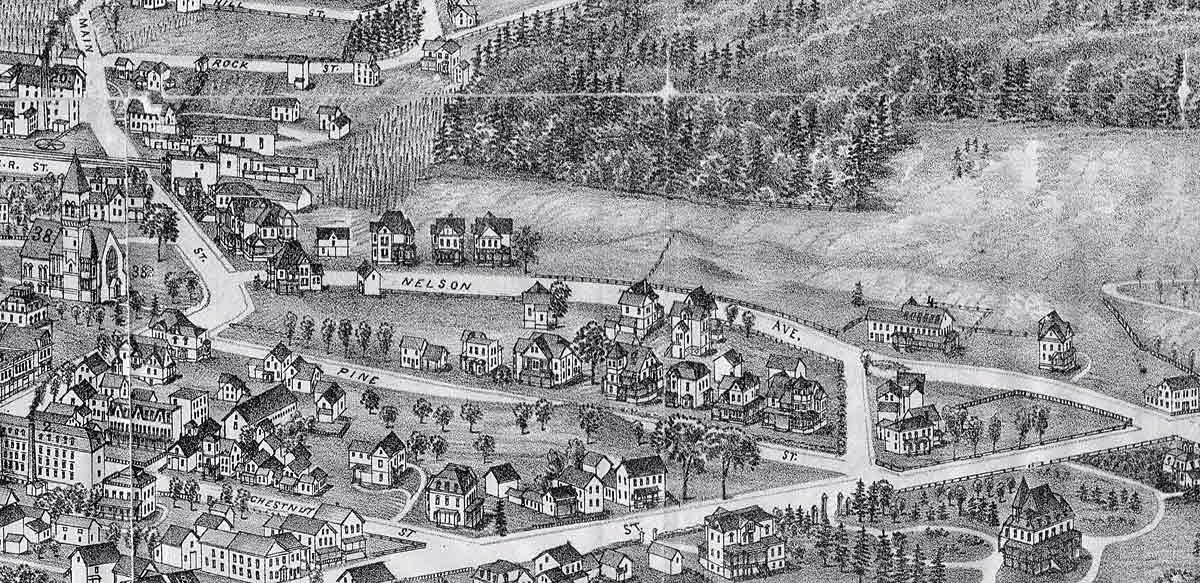

During that time, Low's chronic ear problems also led to botched treatment that resulted in partial deafness. After an unsuccessful marriage to the wealthy but philandering Englishman William "Willy" Mackay Low, she took the brave step of divorcing him in 1905. Born in Savannah, Ga., in 1860, Low was known throughout her life as "Daisy." Headstrong, with an eccentric streak her family nicknamed her "Crazy Daisy" she had a lifelong sense of compassion for the underdog. Historian Cordery (Alice: Alice Roosevelt Longworth) celebrates the unique life of the woman who introduced the Girl Scouts in America in this robust biography. In Juliette Gordon Low, Cordery paints a dynamic portrait of an intriguing woman and a true pioneer whose work touched the lives of millions of girls and women around the world. Rechristened the Girl Scouts, it grew rapidly because of Juliette Low's unquenchable determination and energetic, charismatic leadership. She imported the Boy Scouts' sister organization, the Girl Guides, to Savannah in 1912. Captivated with his program, Daisy aimed to instill the same useful skills and moral values in young girls-with an emphasis on fun.

Her search for a greater purpose ended when she met Robert Baden-Powell, war hero, adventurer, and founder of the Boy Scouts. But she was ultimately betrayed by her husband and dissatisfied by the aimlessness of privileged life. Deafened by an accident, "Daisy" married a dashing British aristocrat and moved to England.

In celebration of the Girl Scouts' centennial, a lively salute to its maverick founder.īorn at the start of the Civil War, Juliette Gordon Low grew up in Georgia, where she struggled to reconcile being a good Southern belle with her desire to run barefoot through the fields.


 0 kommentar(er)
0 kommentar(er)
